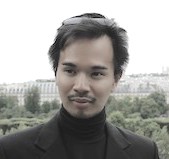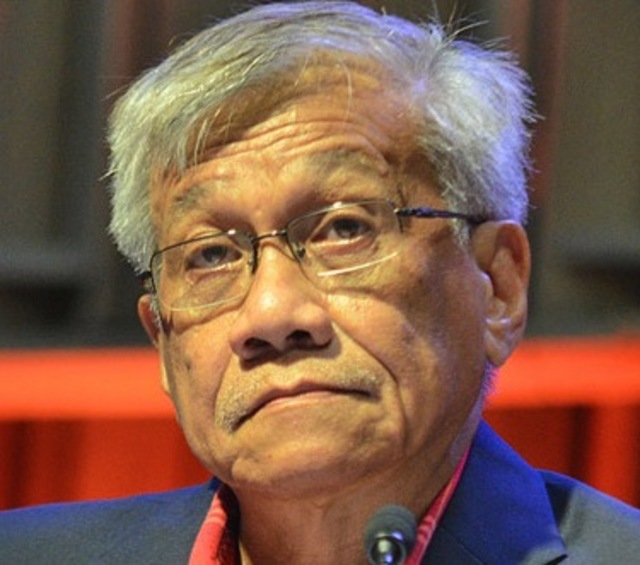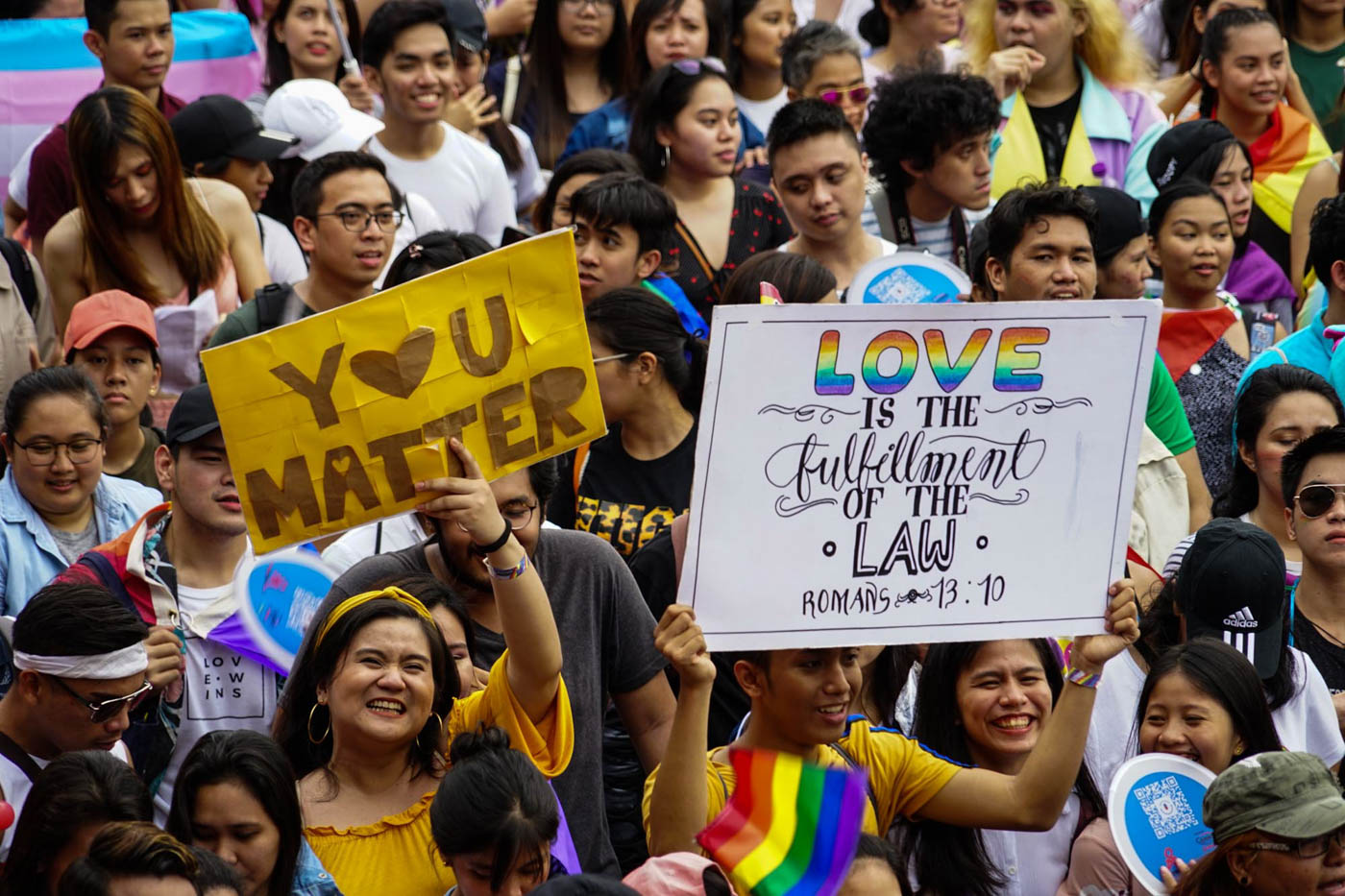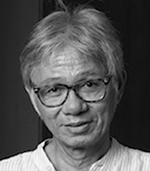
(This is a #PHVote newsletter sent to subscribers on May 2, 2019.)
I’m writing to you on a day that lies between Labor Day, May 1, and World Press Freedom Day, May 3.
It’s an important day because it bridges two events closely related to one another. Labor Day is a public holiday for paying tribute to all working men and women. Journalists are among the working class, and journalism today, in the Philippines and elsewhere, is a profession under threat.
Let’s quickly run through the threats:
- An alleged “ouster plot matrix” released by President Rodrigo Duterte that accuses journalists and a lawyer’s group of conspiring to unseat him. Malacañang said on Wednesday, May 1, Duterte doesn’t have to prove his grave accusations, yet.
- The President accusing the Philippine Center for Investigative Journalism of being paid to do black propaganda after they published a series of stories about his and his family members’ wealth.
- The 11 active cases against Rappler CEO Maria Ressa, Rappler executives, and staff. She’s been arrested twice and has had to pay over P2 million in bail and travel bonds. Plunder convict Imelda Marcos’ bail? P450,000.
- Eighty-five attacks on media, including 9 killings of Filipino journalists, as recorded by the Center for Media Freedom and Responsibility in 2018.
- Duterte’s threats against Philippine Daily Inquirer and ABS-CBN for their reporting and alleged wrongdoing of their owners.
- Duterte’s ban on all Rappler reporters from all his events and activities.
These threats send a clear message: journalists should toe the line or face consequences from no less than the country’s Chief Executive.
Rappler readers always ask me, how can they help Philippine media stay independent and critical?
One answer lies in the elections, now only 11 days away.
Your power is in your vote. You can choose candidates who value a free and independent press.
Perhaps some insights from the campaign trail can help you make a decision. Reporters have many interesting stories to tell about how candidates interact with the press during the campaign period.
Ideally, candidates should be very open to media during this crucial 3-month period because it’s when they’re supposed to be explaining their platform and stances on various issues so the voting public can be fully informed by May 13.
Of course, candidates have every right to decide whether or not to be interviewed by media. But I think the openness of candidates to these interviews, especially chance or ambush interviews where anything goes, says a lot about their regard for media as essential to the electoral process and their commitment to transparency.
I asked my fellow Rappler campaign reporters about how the candidates they cover interact with media.
Here’s a cheat sheet:
PDP-Laban
- Though its stalwarts Nene Pimentel and Koko Pimentel have generally been supportive of independent media, they’ve allowed Malacañang to ban Rappler reporters from covering their campaign rallies, even if rallies are supposed to be public events. President Duterte is PDP-Laban chairman and he’s imposed a ban on Rappler since February 2018.
Hugpong ng Pagbabago
- Rappler is not banned from HNP rallies.
- Imee Marcos always rejects interviews when there is a controversy about her, such as when her educational attainment was being questioned.
- Bong Revilla also ignores ambush interview requests.
- Sonny Angara is often game for interviews, but his staff always ask for the questions in advance.
- Jinggoy Estrada and Pia Cayetano hardly participate in ambush interviews.
- JV Ejercito, Koko Pimentel, Francis Tolentino, Jiggy Manicad, Dong Mangudadatu, and Ronald dela Rosa often game for interviews.
- Bong Go only informs select media about his interviews. Because of this, outlets critical of him often don’t get to participate.
Otso Diretso
- All of them are always open to ambush interviews, even twice during a campaign event.
Labor Win
- They are generally game for ambush interviews.
Grace Poe
- She is generally game for ambush interviews, but her staff ask for the questions in advance.
Senatorial candidates who once supported moves to decriminalize libel or lower penalties for libel also deserve mention.
Media organizations have long pushed for the decriminalization of libel because it’s often used by politicians to harass journalists. Decriminalization means libel can still be punished civilly (guilty journalist has to pay a fine), but is no longer criminal (journalist does not go to jail).
The United Nations Human Rights Committee had described the criminal sanction on libel in the Philippines as “excessive” and in violation of the International Covenant on Civil and Political Rights, which the Philippines had signed.
These are the senatorial bets who supported the decriminalization of libel during their previous terms as senator:
- Sonny Angara
- Bam Aquino
- Mar Roxas
- Grace Poe
- Koko Pimentel
- Jinggoy Estrada
Many of them took this stance before the Duterte administration. With the President’s attitude toward critical reportage, it will be interesting to see if they change their position.
Let’s not forget there’s at least one former media practitioner now running for senator – Jiggy Manicad. During a public debate, he said he wants libel to stay a crime. Days later, though, he walked back on it, saying he would “reconsider” his stance.
Earlier this week, members of the media, including myself, cast our votes. The Commission on Elections allows early voting for media personnel because, on election day itself, we’ll be focused on news coverage.
My Instagram feed is full of photos of fellow journalists proudly holding up their inked thumbs.
It’s a reminder that journalists too are Filipino citizens who deserve to be protected by our laws and respected by people in power.
INSIDE STORIES ON THE CAMPAIGN TRAIL
To add something new to our #PHVote coverage, Rappler’s campaign reporters have been making weekly podcasts about the 2019 campaign trail. Here are the episodes so far:
- Sara Duterte and honesty
- Comparing Hugpong ng Pagbabago and Otso Diretso campaigns
- Explaining Bong Go's rise in the surveys
- Skip the gimmicks, we assess senatorial candidates based on platform
- Anthony del Rosario on HNP's 2022 plans, locking horns with Alvarez
- The problem of the Opposition
– Rappler.com

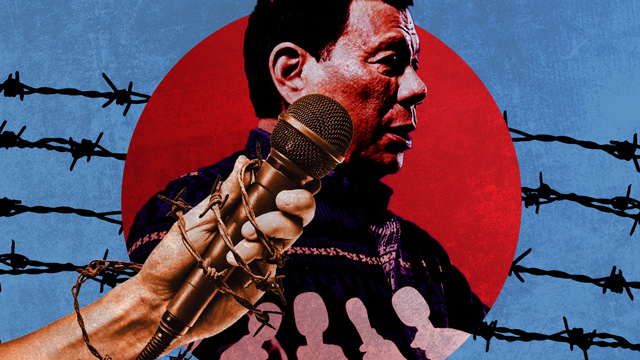
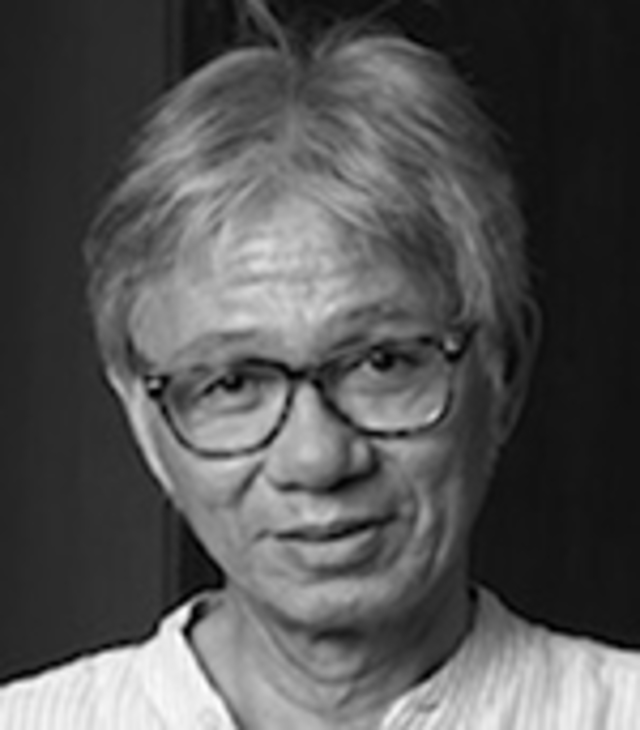





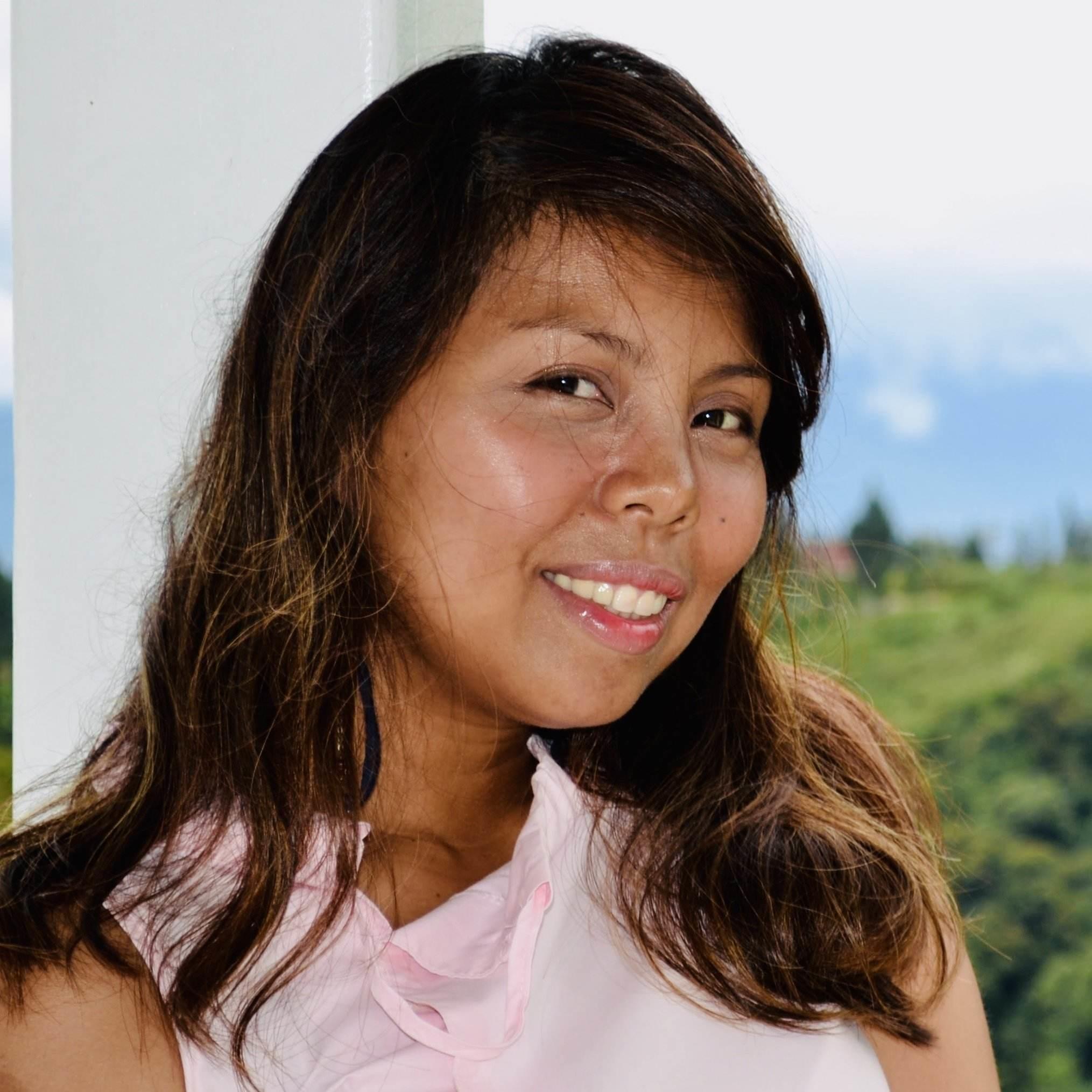




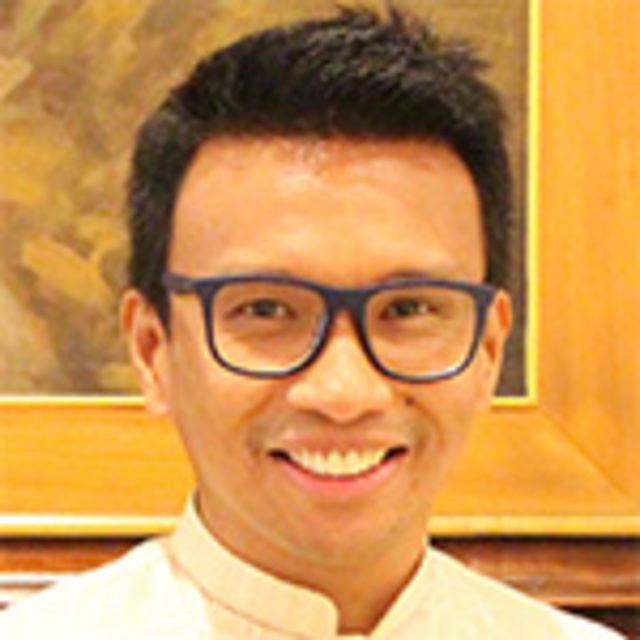
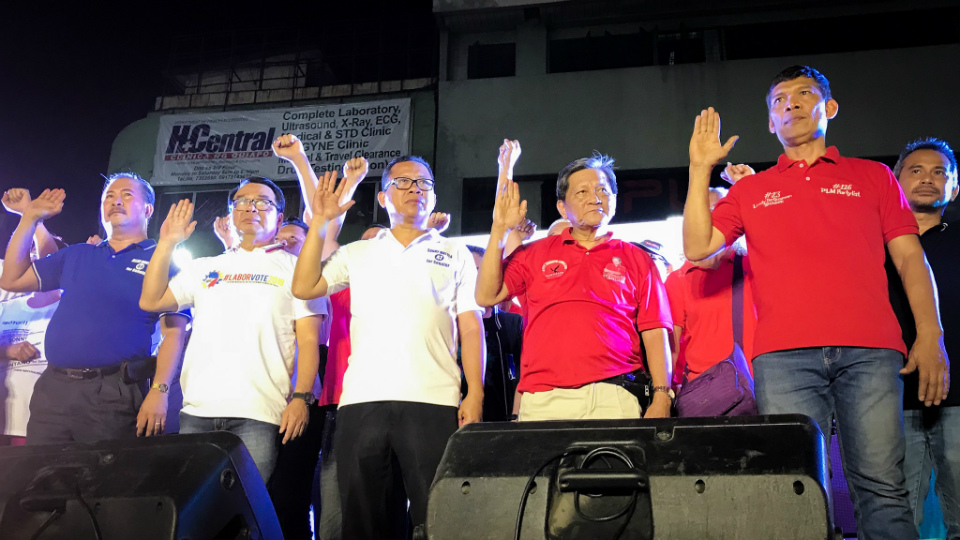



 Kailangang pag-ukulan ng pansin ang bahagi ng statement ng Pulse Asia hinggil sa kanilang huling isinagawang survey para sa halalang pang-senador. Batay sa panayam ng Rappler sa pangulo ng Pulse Asia na si Ronald Holmes, isa sa bawat tatlong botante
Kailangang pag-ukulan ng pansin ang bahagi ng statement ng Pulse Asia hinggil sa kanilang huling isinagawang survey para sa halalang pang-senador. Batay sa panayam ng Rappler sa pangulo ng Pulse Asia na si Ronald Holmes, isa sa bawat tatlong botante 

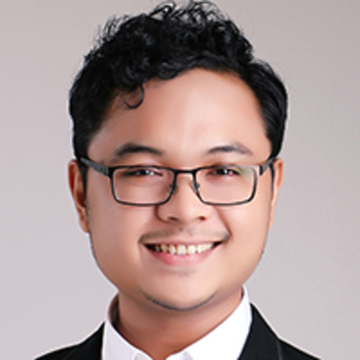



 If the polls are any indication, the May 13 elections will be a continuation of the electoral trend that brought Rodrigo Duterte to power in 2016.
If the polls are any indication, the May 13 elections will be a continuation of the electoral trend that brought Rodrigo Duterte to power in 2016. 
